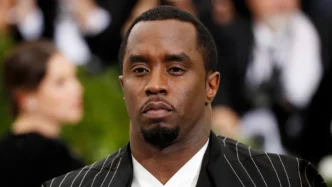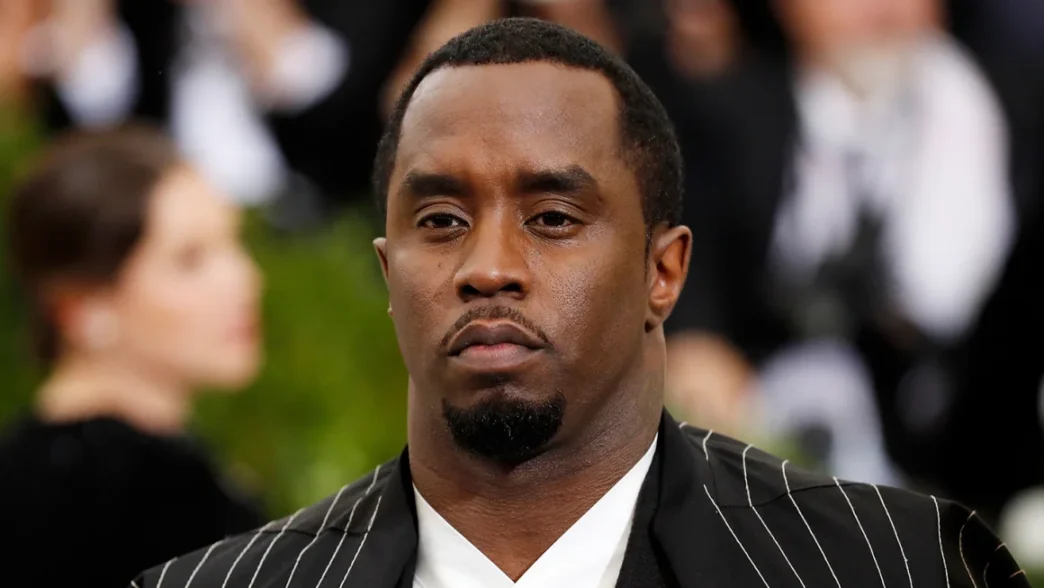American rapper Sean Combs, the once highly successful music executive now facing serious federal charges, is in a New York courtroom on Monday as lawyers begin the process of selecting a jury to determine his fate.
These charges, which have led to his significant fall from public grace, include racketeering conspiracy, sex trafficking, and transportation for prostitution.
Legal experts anticipate a difficult jury selection process.
According to CNN senior legal analyst Elie Honig, the challenge lies in finding impartial jurors who can focus solely on the presented evidence and deliver a fair verdict, setting aside their potential prior knowledge and opinions about Combs, widely known as “Diddy.”
Honig suggests that almost every potential juror is likely aware of Combs and the case, potentially holding pre-existing biases.
The crucial task is to identify and exclude individuals unable to disregard these preconceptions and render an unbiased judgment.
Combs faces five counts, and a conviction on all charges could result in a life sentence. He has been detained since his September 2024 arrest and has pleaded not guilty.
Court documents reviewed by CNN indicate that prospective jurors may be questioned about their views on topics such as multiple sexual partners, drug use, hip-hop culture, intimate partner violence, infidelity, prostitution, illegal drug distribution, and the music industry.
Media coverage of the case has frequently highlighted sensational details, such as the large quantities of baby oil and lubricant found at his residence during a federal search in March 2024.
Additionally, Combs is facing numerous civil lawsuits from alleged victims, some of whom claim they were underage at the time of the alleged incidents and accuse him of drugging and sexually assaulting them. Combs has denied all these allegations.
While these civil cases are separate from the federal criminal trial, the extent to which potential jurors are aware remains a concern.
Honig, a former prosecutor, noted the widespread negative sentiment surrounding Combs, which could pose a challenge for the defence.
However, he also acknowledged the public’s fascination with celebrities, both positively and negatively, which could cloud some individuals’ judgment.
He explained that both the prosecution and defence will strategically use the voir dire process—including “for cause” dismissals determined by the judge and a limited number of “peremptory strikes” by attorneys—to select jurors they believe will be more favourable to their respective sides.
Combs’ trial is expected to last several weeks. Once the jury is selected, the judge will instruct them to avoid all media coverage of the case to ensure their verdict is based solely on the evidence presented in court.
Honig pointed out that this instruction is increasingly difficult to enforce in the age of social media, particularly given the overwhelmingly negative media portrayal of Combs, which presents a specific challenge for the defence.
Nevertheless, he emphasised that the courts are equipped to handle such challenges.


 Trending
Trending 

